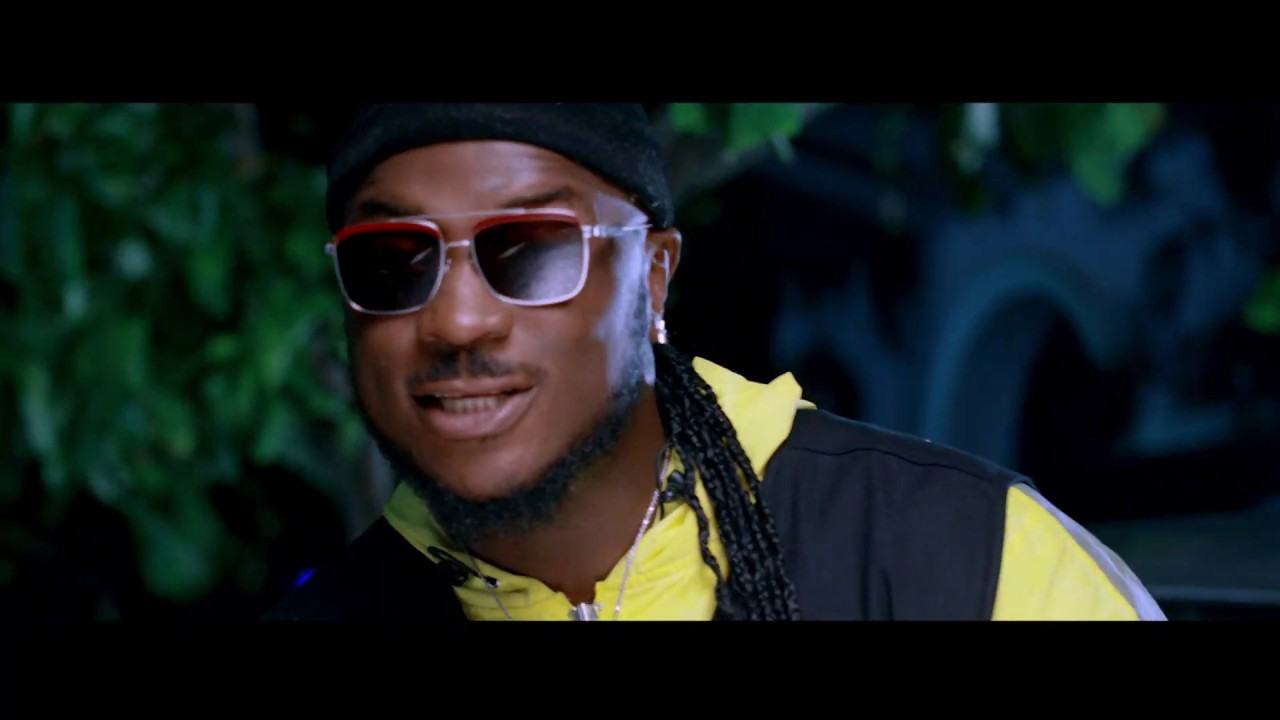


He aspired to be the guy who determined which records got played at an event the one who had a raised booth or corner all to themselves that very few could get to the one with the secret key to whether a party popped off or not. At the time, being a DJ was regarded as a hobby or an activity for kids who lacked ambition, and while Jimmy acknowledges that DJing wasn’t a decision he knew would guarantee success, he was deliberate about doing it in order to prove the naysayers wrong.įor him, there’s a punch and power to being a DJ, which has always been appealing. He took to rapping under the stage name, Master J, and it didn’t take much longer for him to discover that there was a different calling to his dream of being an entertainer – the journey just required a slightly different path.Ĭoming of age in Nigeria, especially in the ‘80s and ‘90s, the famous question of your dream career was only limited to a few options: doctor, lawyer, banker or engineer-any profession outside of these were met with scrutiny and generally not taken seriously. His younger years were heavily influenced by the variety of sounds from the streets of Lagos Island and in a wider context, American hip-hop. If you ask the average creative, chances are that many of them would have tried their hands at music at one point, particularly rap. He’s however, something more an institution-a huge figure in Nigeria’s pop-culture history at the vanguard of a movement, and an absolute living legend. With a career spanning close to three decades, Jimmy Jatt isn’t particularly a pioneer, in fact, this is a title he’s always eager to rebut. Outside of this, there’s a separate list which houses only one name, on who is eulogised as a trailblazer, turned a hobby into a paying career, and has influenced both the art-form and multiple generations. While there’s perhaps a considerable list of young Nigerian jockeys today who fit into these roles and are celebrated for their skills behind the needle, there’s older list of names who are recognised for their impact in the game. With the rise of hip-hop, however, this role required refinement and more than players of records or tastemakers, DJs also became creators of trends, who broke new and exciting music, standing at the pulse of an industry. Traditionally, DJing as an art-form existed for one purpose mixing records at parties to make people dance.


 0 kommentar(er)
0 kommentar(er)
